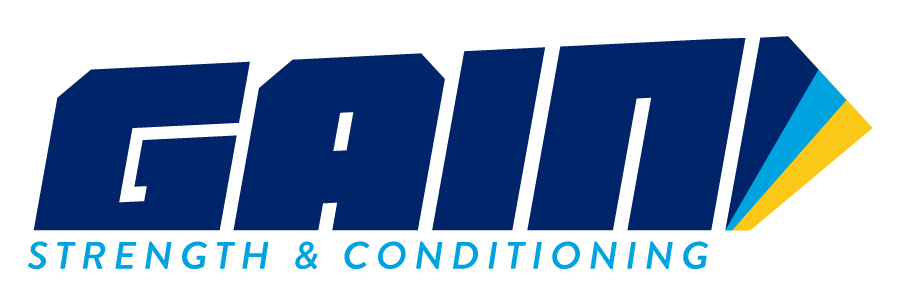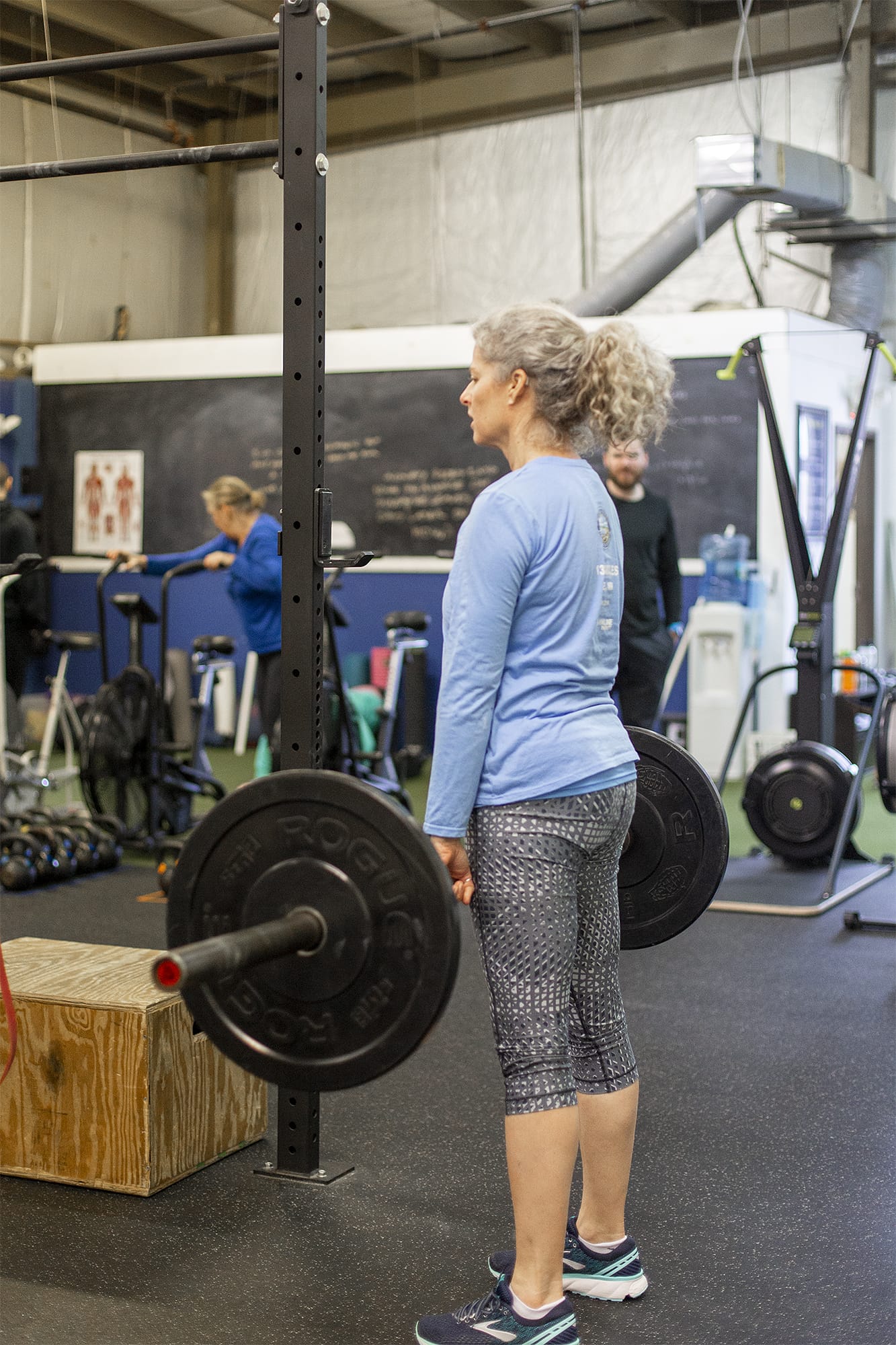Cognitive Fitness
When we think of improving our health, the big 3 come to mind: movement, nutrition and recovery. Movement is what we’re doing physically. This can be lifting in the gym, spin class, going for a run, etc. We’re familiar with the kind of work we need to do here. Nutrition is a tricky one, but one we all understand. We know that we need to fuel ourselves for performance or intake less calories to lose weight. Recovery is about getting enough sleep, managing stress and includes soft tissue work and stretching.
The missing piece to get all these habits to stick, or the piece that allows you to continue to progress is your mindset. I heard this recently described as cognitive fitness. It’s not flashy or something that you can implement right now to feel stronger or lose more weight. What it does though, is give you the tools to continue to progress and stick with and form new habits.
If you need to improve your recovery habits, let’s say by getting more sleep, your mindset is the key to unlocking a new behavioral change. Without the mindset part, the recovery part, movement part and nutrition part doesn’t matter. The key to a nutrition change is implementing a plan and having the ability to stick with it, being flexible and changing your relationship with food. It isn’t just about eating differently. Eating differently without a mindset shift leads to crash diets and inconsistency.
Without changing your mindset, you’re going to have a hard time making real positive change. It’s why our first Core Value is “Have a Growth Mindset.” We think that’s the most important piece of trying to improve. How do you develop it? Lean in to things that are hard or that you’re bad at. Don’t give up out of frustration and remind yourself that you’re in this for the long game.
Justin Miner
@portsmouthcoach

